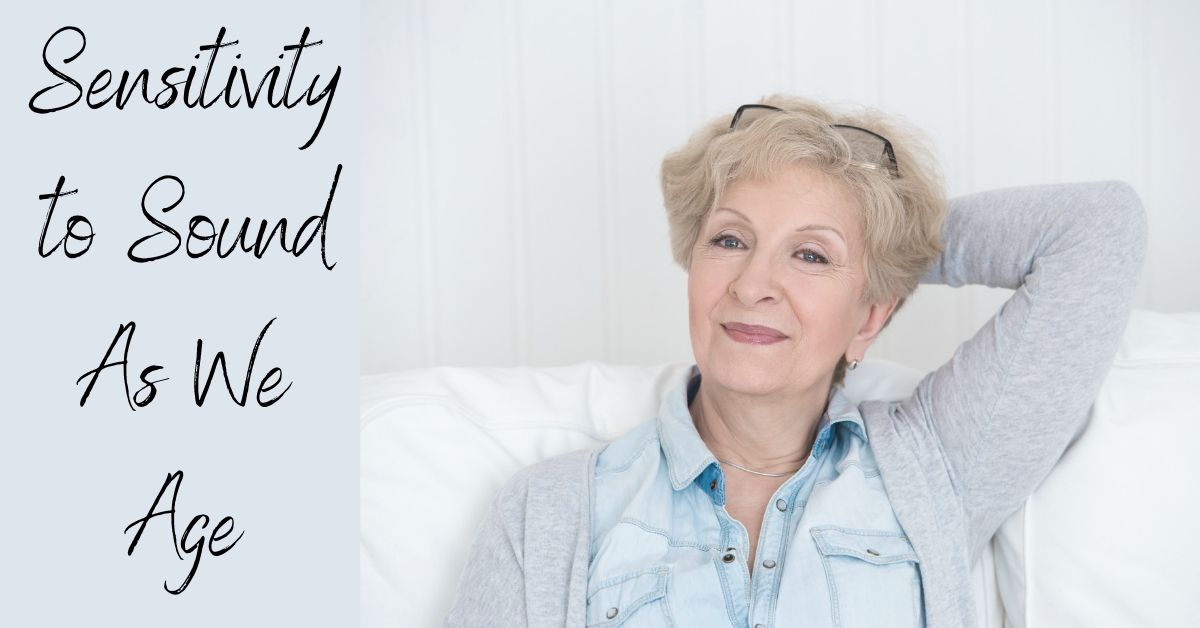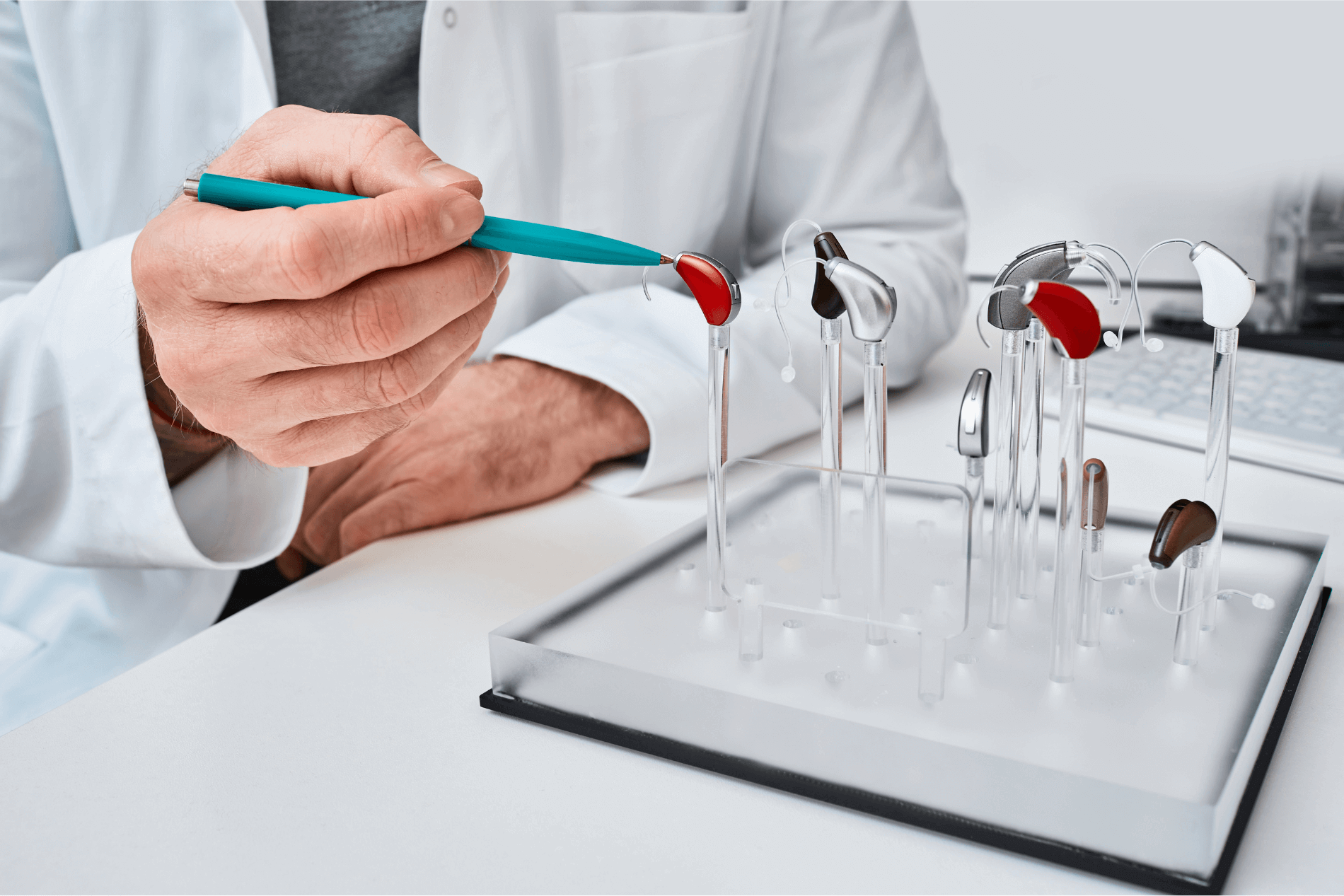
Many people have trouble understanding conversations in noisy situations especially as we age. Are you having trouble tuning out noise? A recent study suggests that it could be an issue with an aging brain, not your ears. By exploring differences in the way younger and older adults respond to sounds, neuroscientists at Western University in Canada have found that our brains become more sensitive to sounds as we age. This may lead to hearing challenges over a lifetime.
Hearing loss and your brain
Hearing loss in adults is usually associated with damage to the tiny hair cells that line the inner ear and transfer sound signals to nerve fibers that lead to the brain. Aging, trauma and noise exposure can all cause those hair cells to deteriorate. New research suggests that the synapses connecting the hair cells to nerve fibers are even more vulnerable and suffer permanent damage long before the hair cells deteriorate, bringing about the difficulties in selective listening.
More sensitive to sound as we age
A new study from Western University says aging brains are more sensitive to all sounds and less able to tune out background noise than younger people. The findings, published in the Journal of Neuroscience, determined the brains of young adults in a loud setting, like a busy restaurant, become less aware of relatively quiet sounds around them. Older adult brains didn’t adapt as well to their environment as younger people the study found. The aging listeners were over-sensitive to noises and were less able to tune out distracting sounds
“It’s a fundamental property of the auditory system to be able to adjust really fast to any environment a person goes into,” Western postdoctoral scholar and study lead author Björn Herrmann said. “If you cannot do that anymore, then in each situation your auditory system might be a little off. This means older individuals may be easily distracted and overwhelmed by sounds, or find them too loud.”
Aging on the auditory cortex
Herman examined the auditory cortex of individuals in their 20s and their 60s and found that they were noticeably different. This might explain, researchers said, why some individuals develop an oversensitivity to sounds as they age. As we get older, the hair cells and nerve fibers in our inner ears deteriorate. Some studies have shown that a reduced blood flow, which is a natural part of aging, causes changes in our ears. It could also be due to prolonged exposure to loud noises or a combination of factors. Once the cells are damaged, they do not recover.
The future of hearing as we age
While there aren’t immediate remedies, there is hope that the damage might be reversible. In a study published in April by the University of Michigan researchers found they were able to regenerate cochlear synapses in mice that had been exposed to loud noises by injecting them with neurotrophin-3, a protein that stimulates nerve growth. In a landmark study in 2009, scientists at Massachusetts Eye and Ear Infirmary, led by otolaryngologist Charles Liberman, showed that mice exposed to loud noises lost up to 50% of those synapses even though their hair cells soon returned to normal
Using hearing aids to help with sensitivity to sound
Correcting the hearing loss with hearing aids will reduce the effort to hear which can alleviate the stress of straining to hear. Modern hearing aids are very flexible in how they can be fit to suit your needs. There are many features and functions that can be activated or that are automatically built in to protect against loud sounds being uncomfortable. All hearing aids have a maximum power output (MPO) setting and that prevents anything being amplified beyond this point. An audiologist can adjust this setting.
Hearing Aid Associates
Our team at Hearing Aid Associates provides comprehensive hearing health services, from a hearing test to hearing aid fittings. If hearing aids are needed, we work with you to find a model and style that you find most comfortable and useful. Hearing is one of the primary senses that effect so many aspects of your health and happiness. Contact us today for better hearing and less annoyance from the sounds you love.

Having a Good Time at Weddings With Hearing Loss
Matthew Favinger, M.S., F-AAA

Accessorizing and Customizing Your Hearing Aids
Matthew Favinger, M.S., F-AAA

